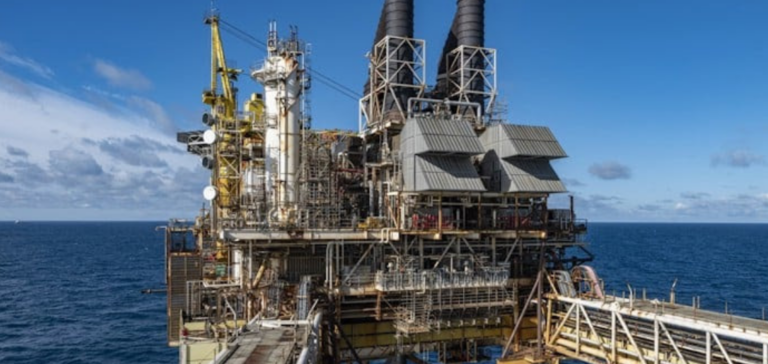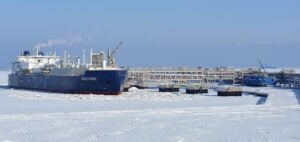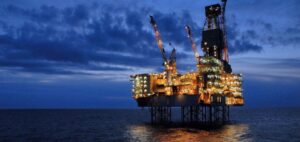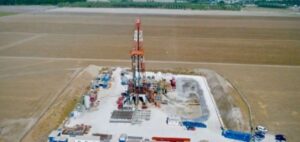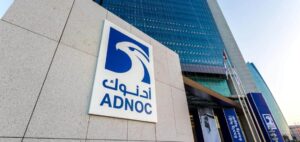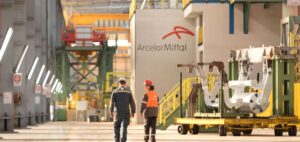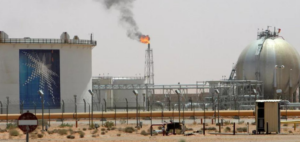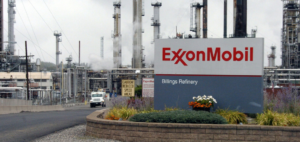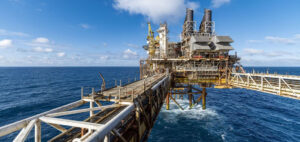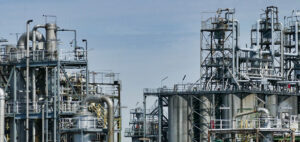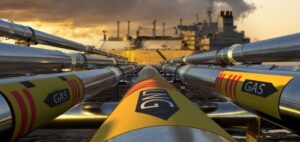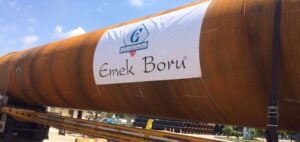The energy sector has reached a significant milestone with the successful start-up of production from the Seagull field. This project, led by bp in collaboration with Neptune Energy and JAPEX, illustrates the industry’s ongoing commitment to the energy transition while supporting current energy systems.
Strategic Investment and Energy Transition at bp
Seagull, redefines the traditional approach tooffshore oil development. The project, located some 225 kilometers east of a major North Sea city, has maintained 800 jobs during its development phase, underlining its economic and social impact.
Collaboration and Innovation in the Seagull Project
This field is the first connection to the ETAP hub in two decades. With daily production estimated at 50,000 barrels of crude oil equivalent at its peak, Seagull is a major contributor to the region’s energy security.
Seagull’s impact on energy security
Doris Reiter, bp’s Senior Vice President North Sea, emphasized the importance of the project:
“bp has continued to operate in the North Sea for nearly 60 years, guaranteeing a reliable energy supply, supporting thousands of jobs and a world-class supply chain. Our investment in existing infrastructure like ETAP, the mainstay of our North Sea portfolio for a quarter of a century, demonstrates our commitment to investing in today’s energy systems while actively participating in the energy transition.”
The role of CPF ETAP in Energy Sustainability
The Seagull project also benefited from an innovative, collaborative approach. Alan Muirhead, UK Director at Neptune Energy, highlighted the collaboration between the project partners as essential to maximizing the potential of domestic energy resources. This synergy has also enabled us to extend the lifespan of existing subsea infrastructures.
Future Prospects: Projects and Developments in the North Sea
Tomomi Yamada, Executive Director at JAPEX, expressed his satisfaction at the safe and successful start-up of the Seagull field, an important milestone in the company’s North Sea expansion strategy. The ETAP hub, commissioned in 1998 and initially scheduled to have a lifespan of 20 to 25 years, saw its future secured until the 2030s thanks to a $1 billion investment in 2015. Seagull and the other fields operated by bp through CPF ETAP, such as Machar, Madoes, Mirren, Monan, Marnock, Mungo, and now Seagull, continue to play a crucial role in energy production.
The start-up of the Seagull field marks a major step forward in the North Sea energy industry. Indeed, the future of energy in the North Sea looks promising, with projects like Seagull paving the way for a more responsible and sustainable energy future.


